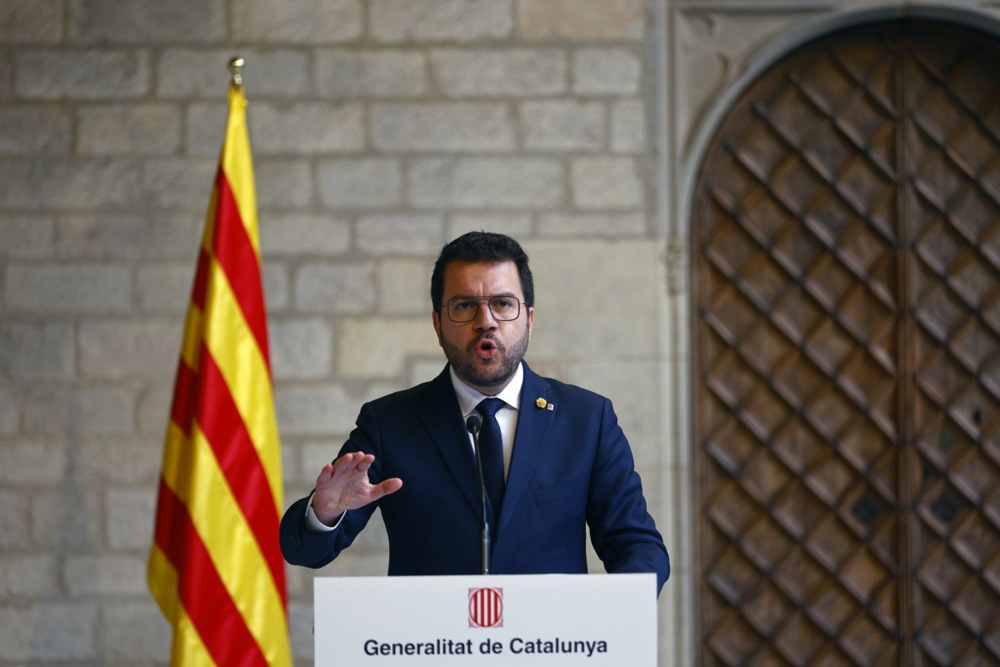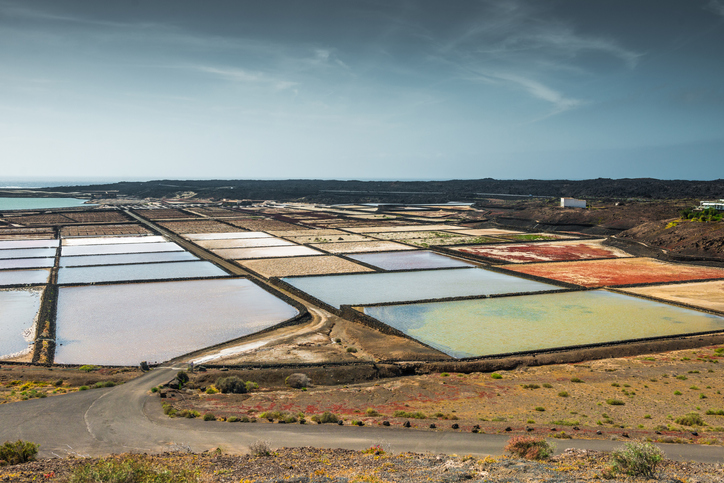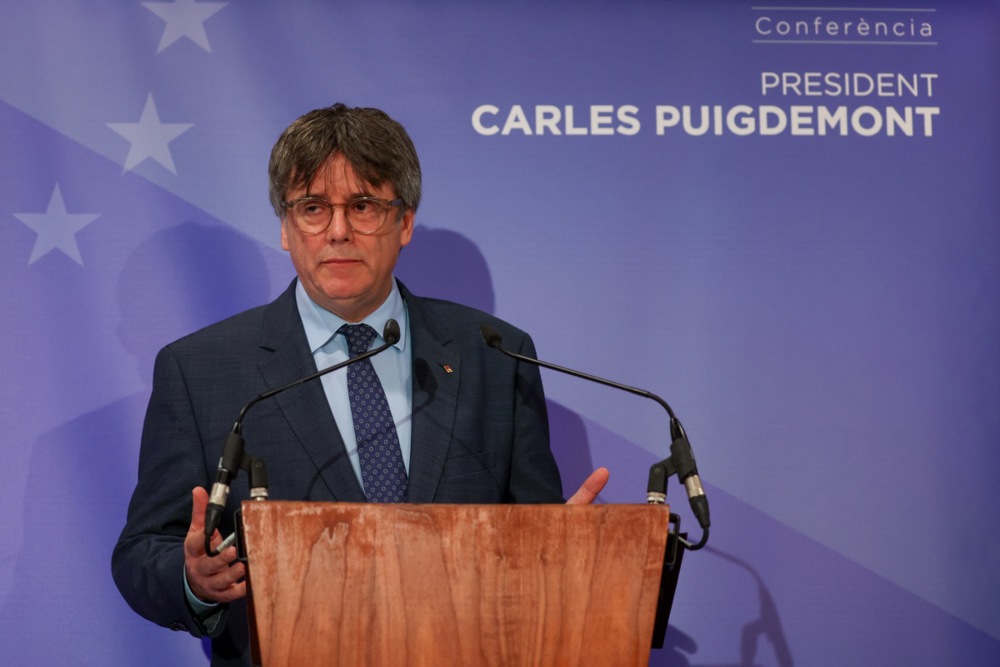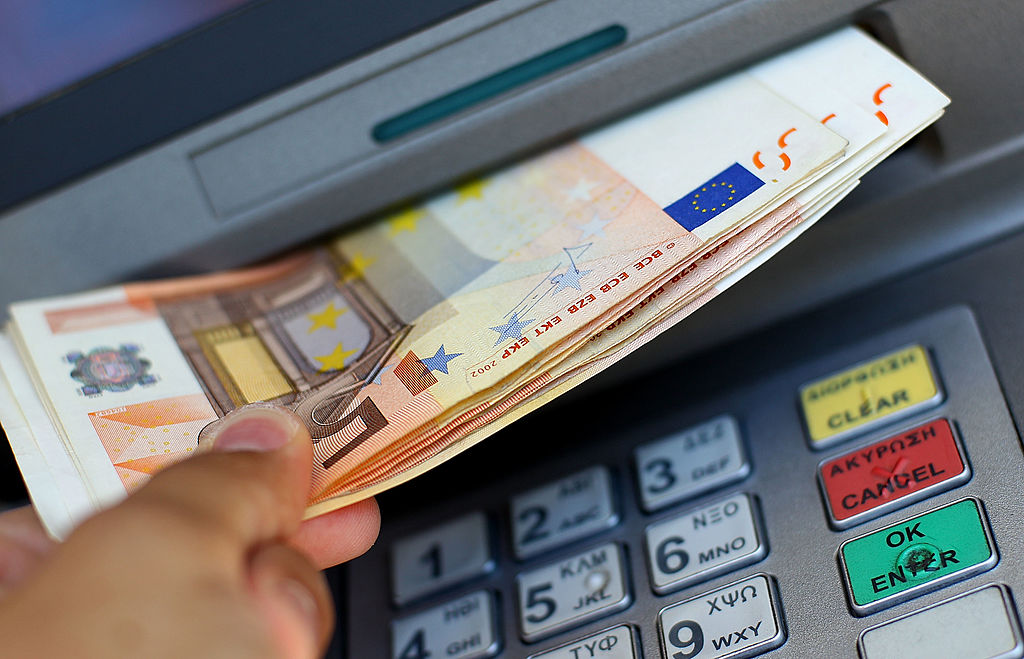Spain’s new Government said it will write-off Catalonia’s debts to keep its shaky Junts alliance intact.
The Catalan nationalist party will still continue agitating for more concessions, while threatening to trigger early elections, observers told Brussels Signal.
Spanish Prime Minister Pedro Sánchez is releasing further details of his new government’s economic programme. On December 27, these included extending a controversial windfall tax on banks and energy companies, and a VAT rise on energy and gas bills.
Controversially, a good chunk of this new revenue appears to be headed for Catalonia. Sánchez has so far agreed to forgive €15 billion of Catalonia’s debts and a further €1.3 billion of interest in an agreement with the Catalan regional Government.
That comes alongside other inducements that include giving Catalonia control of its regional rail service.
Despite those sweeteners, Guy Hedgecoe, a journalist in Madrid, told Brussels Signal: “They are expected to be a very uncomfortable ally for the Government and will almost certainly constantly agitate for concessions and threaten to walk out.”
Sánchez’s minority Government of Spanish Socialists and Sumar relies on seven votes from Carles Puigdemont’s Junts per Catalunya party. Puigdemont and colleagues are threatening a “nuclear option” of withdrawing support if more concessions are not forthcoming.
“But the amnesty hasn’t been implemented yet and so they will at least want it to get through parliament and also see how much else they can get out of Sanchez,” said Hedgecoe.
They “might end up using the nuclear option, but not for the first few months, I think, at least,” he said.
The result is , he said, is a government unlikely to last its entire term but one which will survive long enough to give Puigdemont’s party as many concessions as they are able to wrest from the centre.
The unpopularity of the measures means a likely return to government of Alberto Núñez Feijóo’s Partido Popular, which had already won 33.1 per cent of votes and 137 seats to Sánchez’s 31.7 per cent and 121.
Snorri Gudmundsson, an Icelandic businessman who works in Barcelona, said Sánchez’s controversial amnesty for Puigdemont and other separatists – and debt write-off for Catalonia – “is angering a lot of people, even as price hikes on various items, water, vegetables, chicken, turkey, are causing waves”.
In this environment of austerity, even the recent 18th birthday of Princess Leonor, the Spanish Crown Princess, “was a costly affair which was dissected thoroughly in the media,” he said.
Attaining legal majority, the Princess swore an oath in Parliament to uphold the Constitution and thus became King Felipe VI’s constitutional successor who can now act as Regent in his absence.
The Catalan debts, now waived, came as a result of the COVID pandemic when “regional governments had to bear extraordinary expenses and they saw their debt and financing difficulties increase,” pointed out Luis Domenech Lopez, a Spanish journalist.
To keep regional authorities financially afloat, Sánchez’s Government at the time created an Autonomous Liquidity Fund (Fondo de Liquidez Autonómica – FLA).
“Almost all the regions borrowed from that fund with low interest,” and now Catalonia “owes the FLA €98 billion and asks that €15 billion be forgiven,” he says.
Catalonia’s regional government “also asks that Catalonia’s railway infrastructure and trains be handed over to them, but demands that billions be invested in improvements first,” Domenech Lopez added.





